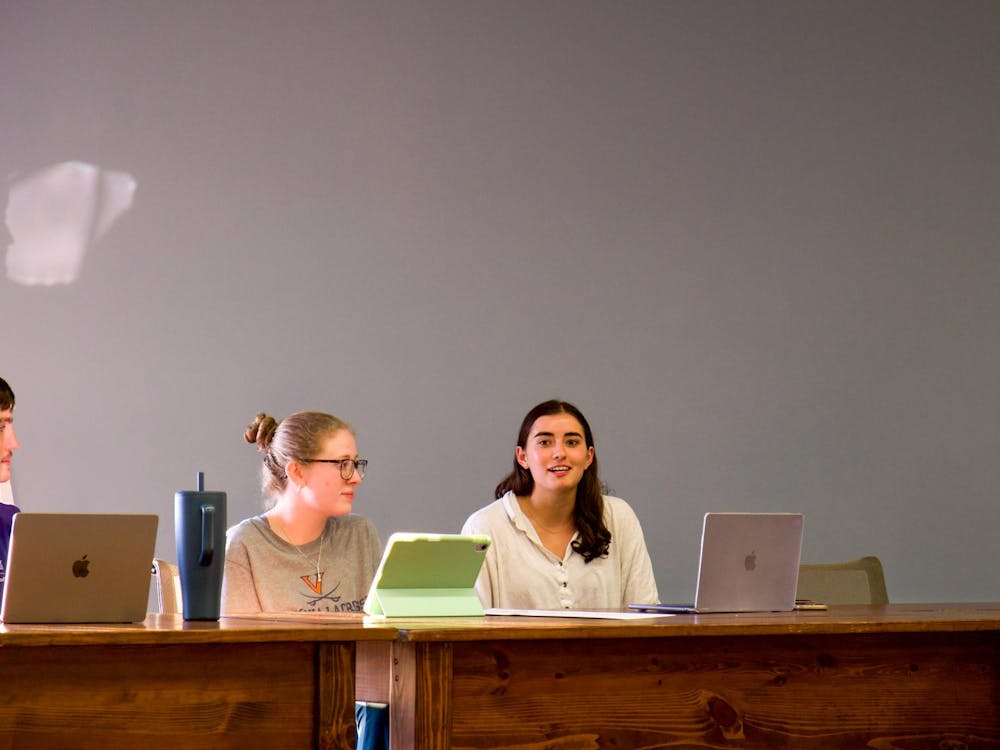As the 2008 presidential election approaches, the University Programs Council and the argHOOers, a student debate group, sponsored a debate between the College Republicans and the University Democrats last night.
"As a group, young people are engaging in politics like never before," University Democrats President Sarah Buckley said. "We will make the difference in November on all these issues."
Buckley led the University Democrats in the debate with fellow member Sam Shirazi-Majd, who is also a Cavalier Daily Opinion columnist, while the College Republicans were led by members Brian Kemmerer and Gary Lawkowski.
"This election is a choice," Lawkowski said. "America is not just choosing a president, but also a direction."
The first half of the debate, which took place in Minor Hall, consisted of five-minute opening remarks from one side with a three-minute rebuttal, followed by courtesy remarks from the opening side.
Debaters focused on issues such as immigration, public education, U.S. intelligence, health care and the war in Iraq.
Discussing the war in Iraq, Shirazi-Majd argued that the United States cannot keep "policing civil war in Iraq," noting the government must "tell the Iraqi people that we will not be there indefinitely."
Lawkowski, however, claimed that "we are making progress toward success."
Moving to domestic issues, the debaters discussed illegal immigration.
Kemmerer emphasized McCain's goal of placing "punishments on employers who are employing these people" to help stop the flow of illegal immigrants into the United States.
Shirazi noted both Clinton and Obama's proposals of a gradual path toward citizenship for illegal immigrants and insisted that the U.S. government should help them through the process.
In the second half of the debate, debaters answered questions concerning issues such as abortion and global warming written by members of the audience.
Each side answered four questions to which the opposing side offered brief rebuttals.
At the end of the debate, both sides offered five-minute closing remarks, thanking audience members and the debate's sponsors for the opportunity to exchange in open dialogue, put forth their ideas and listen to the ideas of their peers.
"We're having this debate to realize what ideas are the best ideas," Kemmerer said.






